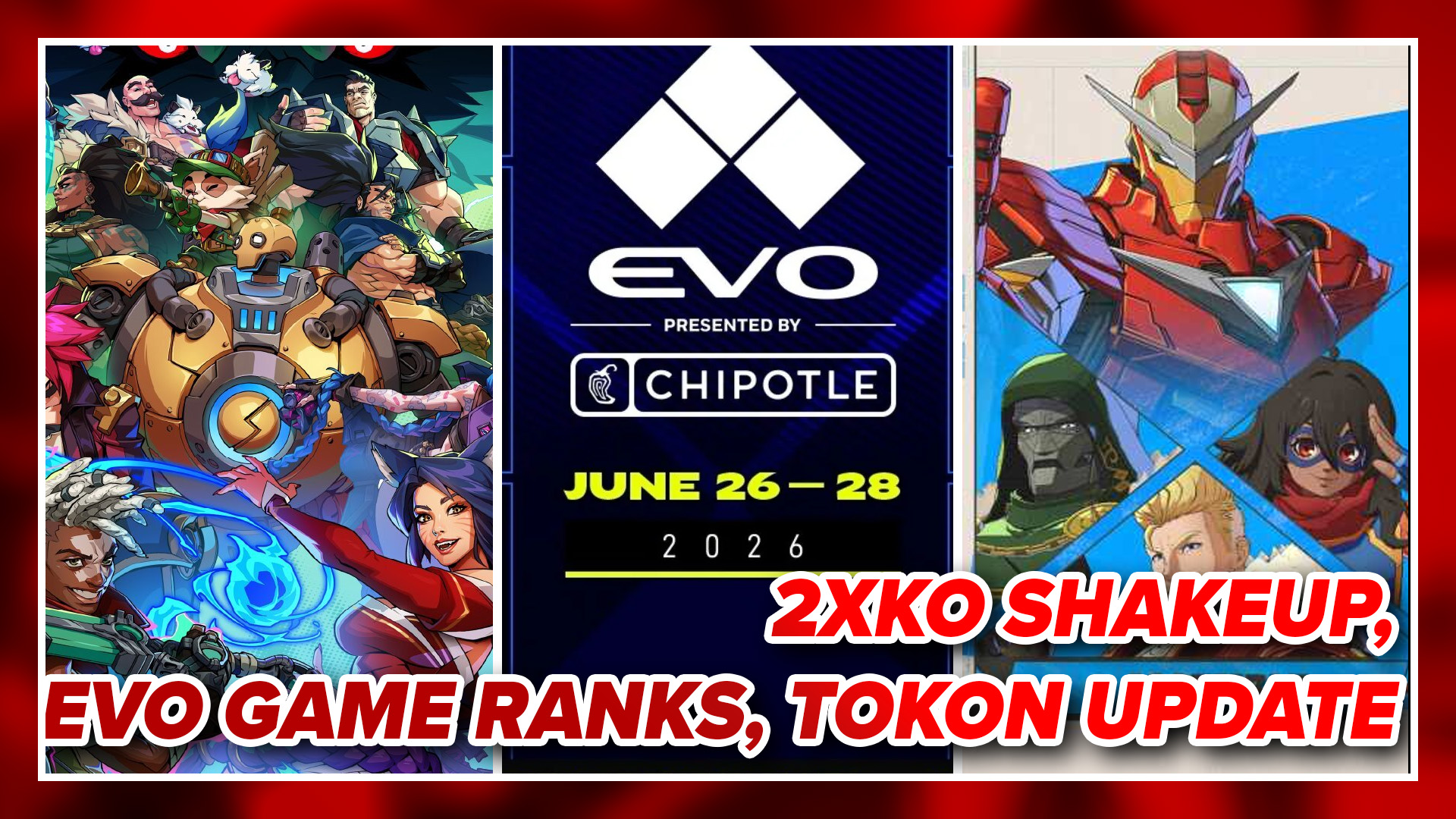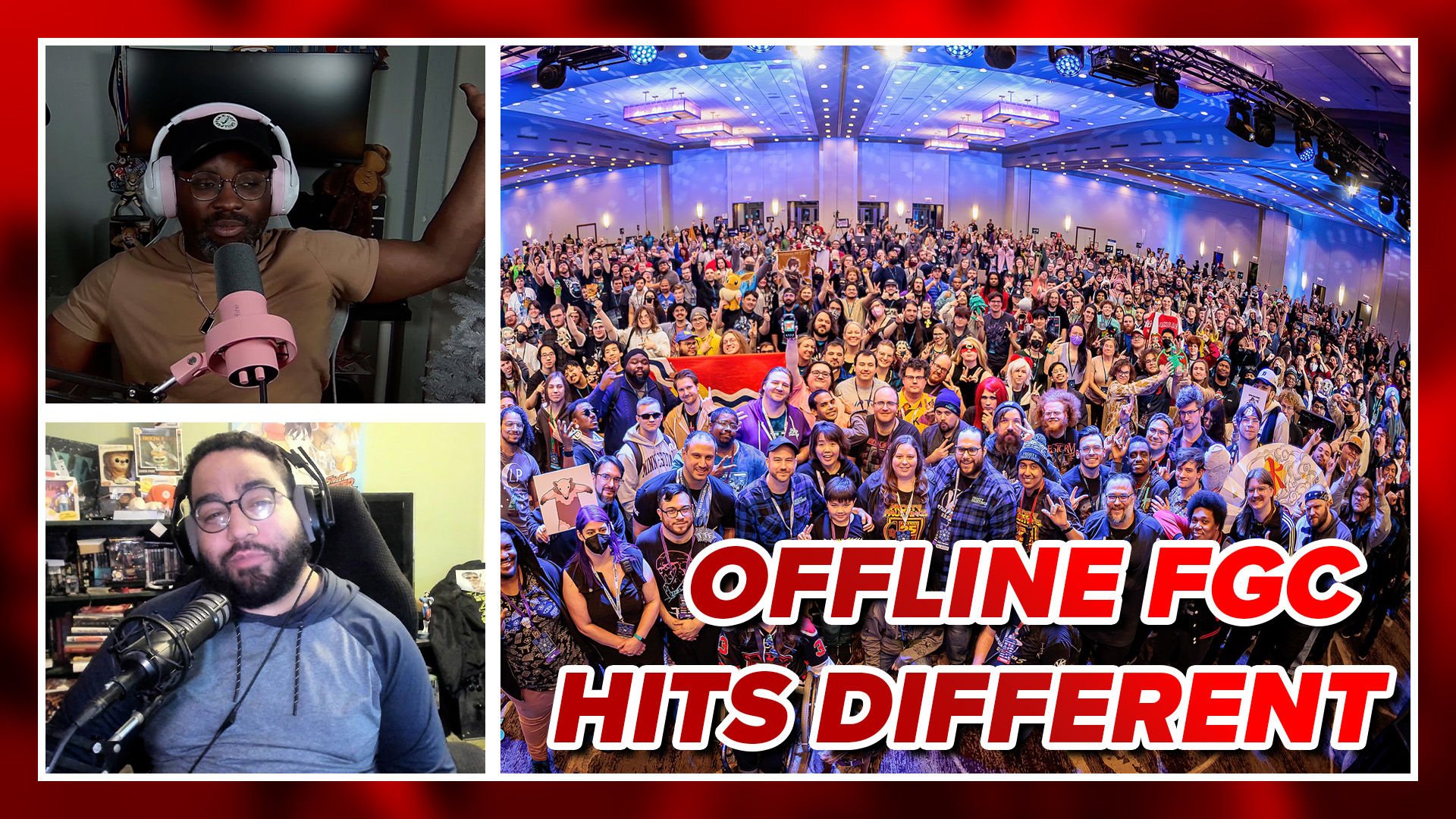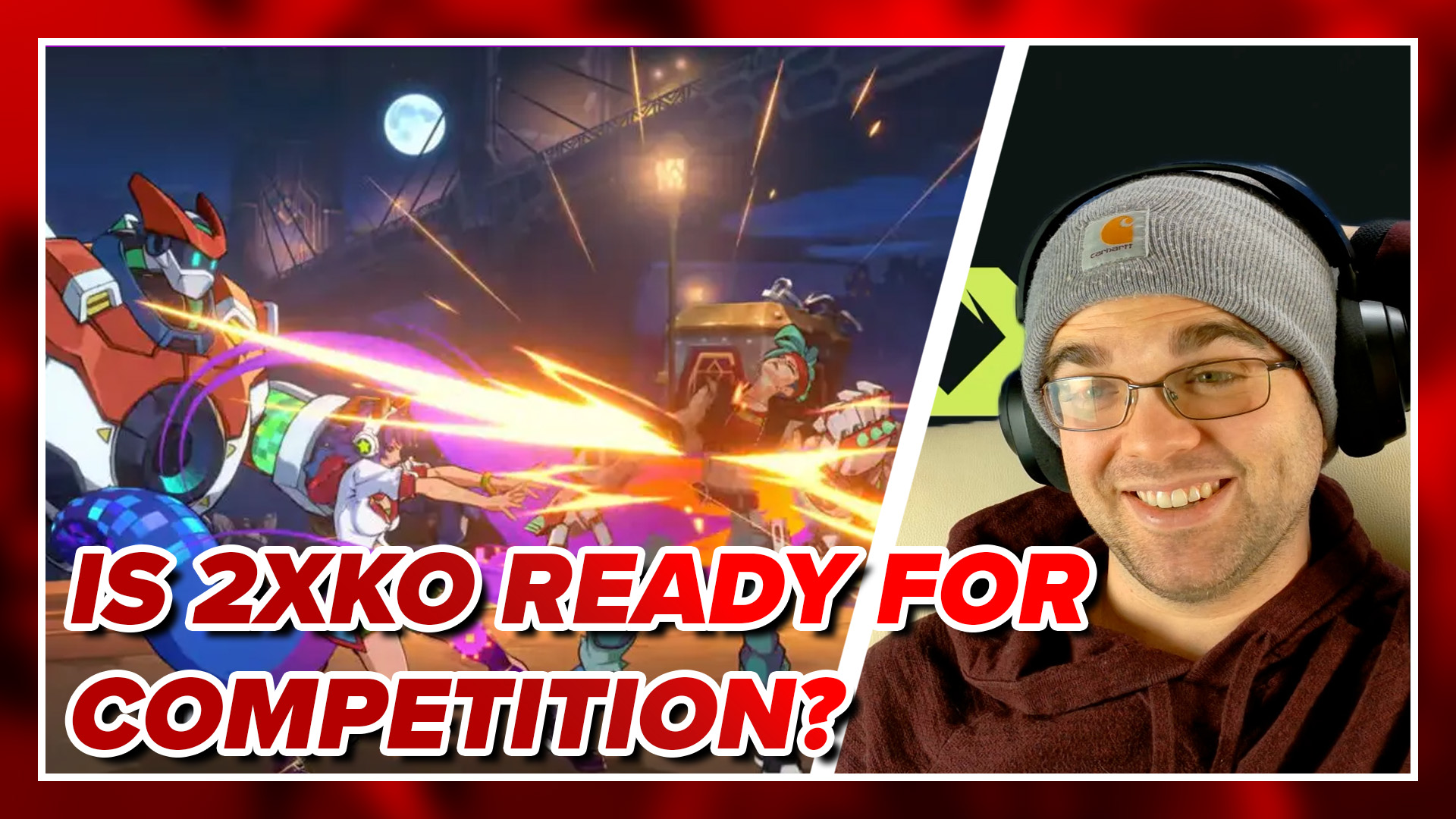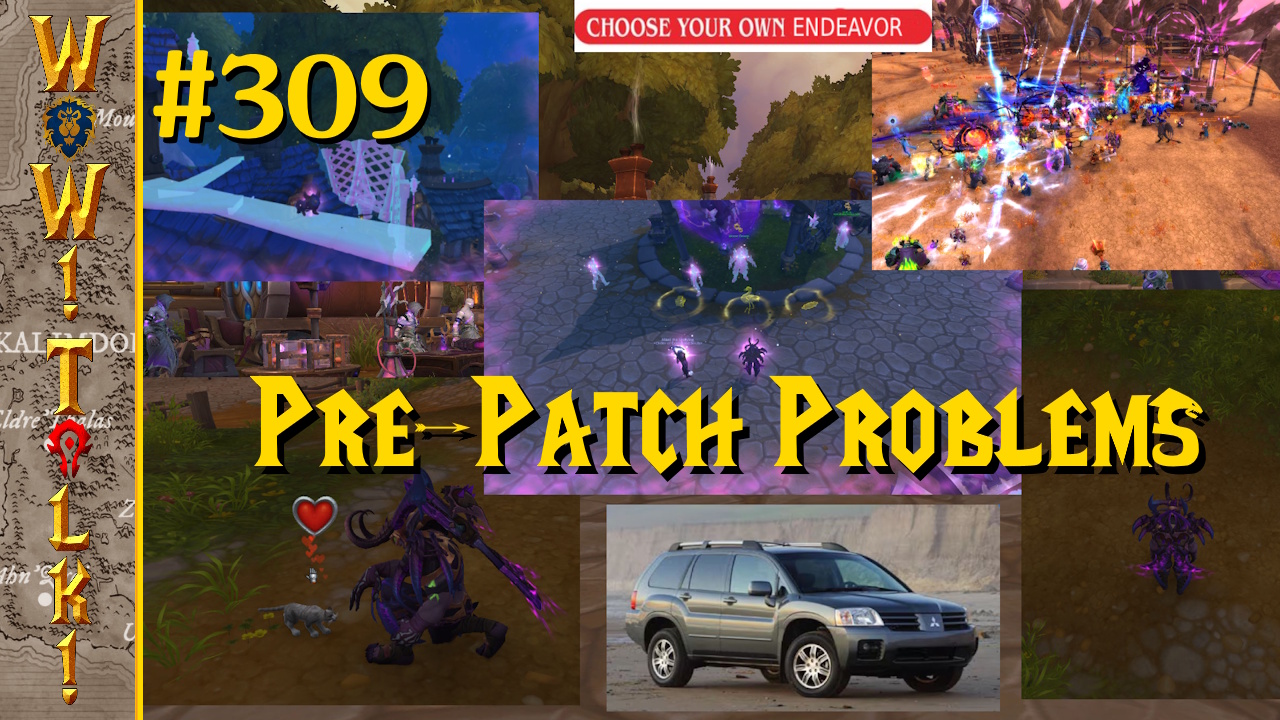
Editors Note: This editorial is an opinion piece, and the opinions within are those of the author and do not reflect MTB’s feeling on the matter being discussed. If you have your own opinion on the matter the comments section is open for debate and discussion.
Code Avarice was probably pretty happy when they got an offer to publish their game, Paranautical Activity, from Adult Swim Games. Now, I know there are some pretty shady publishers out there and that isn’t necessarily a good thing by default, but it’s Code Avarice’s decision who they want to go with since it’s their game. They could take every piece of code and throw it into the ocean if they liked, because they own it. When Adult Swim Games walked into Steam’s offices and tried to pitch the game for release on Steam, they hit a brick wall. Considering that Steam has no reason to block the content from any professional publisher this was kind of puzzling to everyone involved. Care to take a Professor Layton moment to figure out what the reason was?
Too slow. Here’s a verified paraphrase of Steam’s statement on the matter: “Our message to indies regarding publishers is do it for your own reasons, but do not split your royalties with a publisher expecting an automatic ‘Yes’ on Greenlight.”
Really? Because I would assume that someone who got a publisher interested in their work was far more interested in, you know, just getting their game published. I somehow doubt that Code Avarice was all that interested in getting a yes on Greenlight any more, since the only use of that yes was getting published. They had passed that stage and no longer needed Greenlight anymore, so why in the world would they care whether Steam wanted to pass them through Greenlight? They didn’t need that tangled popularity contest. They just needed Steam to act like Adult Swim Games was already an established publisher that had worked with them before (I have a copy of Super House of Dead Ninjas, published by Adult Swim Games on Steam to prove it) and allow them to publish a game they’d picked up. Instead, Code Avarice got stonewalled and sent right back to where they started. They’d done everything right, but were now no better off than any starting indie.

I know Steam’s logic on the matter. I understand it. They are saying that they don’t want publishers hovering over the top few releases on Greenlight, swooping in to claim the ones that are most successful. They’re afraid some greasy publisher is going to take away all of the developer’s rights and lock them into some awful contract when they were so close to winning the popularity contest that is Greenlight. They’re Steam’s suckers now, and how dare some outside publisher pick them up to abuse them when Steam was already getting ready to? Steam isn’t doing this because they care about independent game development, but because they consider these games their property, to fail or succeed at Steam’s whim.
That can’t be right, can it? Valve, the creators of Steam, has picked up so many great independent projects over the years and made them into full games. Remember Portal? Wasn’t lies about cakes and that Jonathan Colton song getting played to death funny? They’re good guys who care! I think there are a couple hundred indie developers who beg to differ, having wasted a precious hundred dollars just to enter the same terrible internet forums as anywhere else to have their game get dumped on by idiots. Steam did not create Greenlight because it wanted to see indie products getting made for altruistic reasons. Steam created the program because it is smart at seeing trends in games, and when they noticed the rise in indie development, they wanted in. It’s nothing more complex than that.
Why would you block someone from releasing on Steam after finding a publisher during the Greenlight process? Steam gets the same cut from the game whether they publish it or a third party publisher does it through them, so what’s the big problem? There is no reason at all to block a developer from publishing on Steam in this way, and I really don’t see any logic to it at all. All it is doing is cutting off available routes for most indie publishers for no reason. Anyone doing any creative work is going to do their best to find any available network to get their work out to the public as that’s just smart business. You get your name out there as best you can and hope that something sticks. What you don’t do is bank everything on one publisher and hope for the best. If you sign up for Greenlight, though, that’s what you’re stuck doing.

They don’t want their system getting used by other smart publishers, and they have every right to do so; but don’t expect that to endear Greenlight to the people who are using it to get noticed. Learning that you’re locked into the Greenlight process whether you can find a publisher or not just tells indie developers that Steam owns you once you drop that hundred dollars. If you ever expect to be on Steam, you’ll do it by their rules and with their permission. If you get picked up by someone else, that’s too bad for you. You should have continued letting your game languish in obscurity while some dolt complains about the tone or artwork of the game. Yes, it sure is great to be under selection by a committee that still uses the word ‘gay’ to describe something they don’t like. At least the money is going somewhere.
Steam is protecting what it feels is an investment, and it is doing so on the backs of the indie developers that Greenlight was supposedly built to support. That came under suspect when the hundred dollar entry fee was first introduced, but they said it was just for quality control! How else were they going to stop Greenlight from becoming like the Xbox Live Indie Marketplace? Expecting these people to spend an absurd amount of money just for the tiniest chance of getting published keeps the whole system so much more honest, doesn’t it? Sure, Steam doesn’t keep the money, but does that really matter to your average indie who’s barely making ends meet while making their game?
There are a bunch of different scams that have gone on in the book publishing world for decades. There are several variants on them, but many of them boil down to asking the writer for money for something. It’s called a reading fee, an editing fee, publishing fee, or whatever, but its sole purpose is to ask desperate writers for money with the promise of getting their work out there. They prey on writers who don’t know how to market themselves or who lack the confidence to really sell their work. With publishing seeming so nebulous and difficult at first, it’s very tempting for a new writer to take up the offers given by these people; only finding out that they’ve wasted hundreds of dollars on nothing or next to nothing. Their books get edited with no publisher in mind, they get read by people who have no interest in picking them up, or they get published cheaply by companies that couldn’t get a book into a book store if they smuggled it in under their coat.

This is Greenlight. It’s the appearance of a helping hand being extended to indie developers to help them out of obscurity. Its premise promises that good games will rise to the top because of their quality, and that they will be honest and fair with the people that enter the program. As we’ve seen with Code Avarice, signing up with Greenlight means never getting onto Steam without passing through the crap peer review process. It’s more insidious than that, though, as when a publisher is screwing you over normally, you are typically getting paid and getting your game out to the buying public. Here, Steam owns you, and you paid $100 for the privilege of being owned. You get no marketing, no help, and no push from the company — all while being stuck in some invisible contract with them that you’re no longer allowed to publish your game on Steam in any other way but theirs.
They own Steam and can do what they want with it, though. It’s not like you’re not allowed to publish elsewhere while you’re running through the Greenlight process. They don’t claim sole ownership over your game, and you can go wherever you like with it afterwards. You could go to Origin or GoG or…well…Oh, wait, there’s the problem. Beyond creating your own site, there’s not a lot of places where you can actually put your game up that people will see it. You can try petitioning game review sites to look at your game to draw attention to your own site, but Steam is still the way to go if you’re going to publish a game and get it seen. It’s easily the biggest downloading service for PC games, and you’d have to be stupid not to be trying to get in there any way you can.
Steam doesn’t hold all the cards, but it holds about ninety percent of them and it knows it. It can literally play this out however it wants because every developer knows how important it is to their sales to get on Steam. What baffles me is why it is acting in this way, then. What does it have to gain from locking someone in the Greenlight process if they find a publisher? Why does it matter if publishers come looking around the best of Greenlight to pick them up? It doesn’t change the money they make at all whether they publish the game or the third parties do, so why do this? The game will still be coming to their service anyway since nearly every game does, so it’s not like they’ll even lose the sales. Why do it?

I don’t know. It doesn’t make any sense to me why they’d block someone from Steam if they got a publisher while on Greenlight. It seems to be to protect the sanctity of the Greenlight process or something from their statement, but who is protecting the indie developer in this deal? Besides, does blocking an indie game from getting a publisher and bypassing Greenlight mean the game got worse? It doesn’t make a lick of sense, and all it does it block an available and important route for a new indie developer.
The message is loud and clear for indies, though. If you have any hope for your game, any faith in yourself at all, you’ll stay well away from this crooked system. It fleeces Indies, makes them strut around for the amusement of Greenlight’s voting public, and then has the nerve to tell them that they can’t be on Steam any more if they find a publisher that isn’t them. You’re better off continuing to fight to get your game out there, going to trade shows and getting your name out to the gaming public with pure grit. If you don’t, you risk getting locked into a system that demands you pay it to screw yourself over.
Don’t sell your darlings just for the hope of getting them published. Please don’t. It’s not worth it, And Code Avarice will back that claim up.




